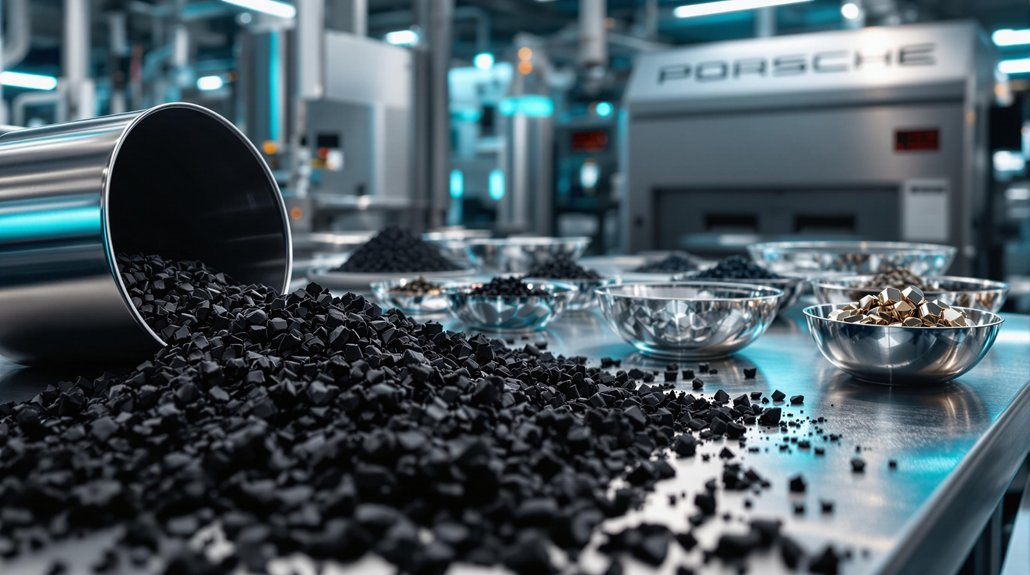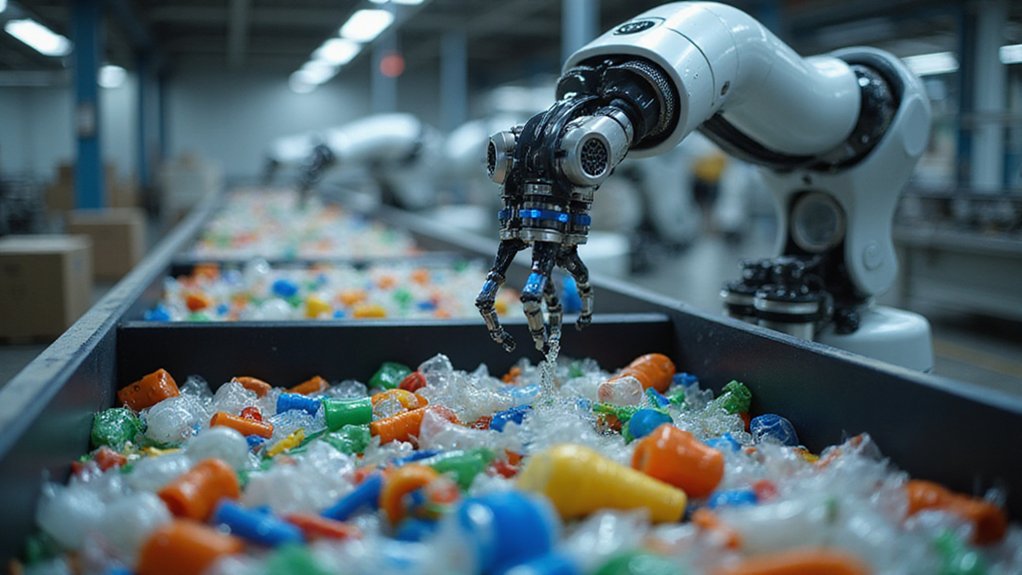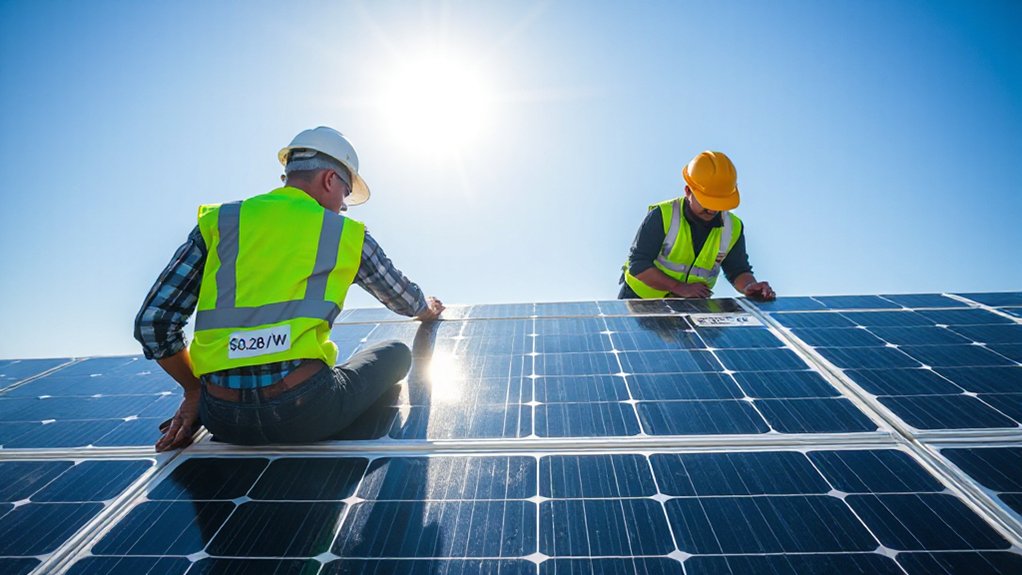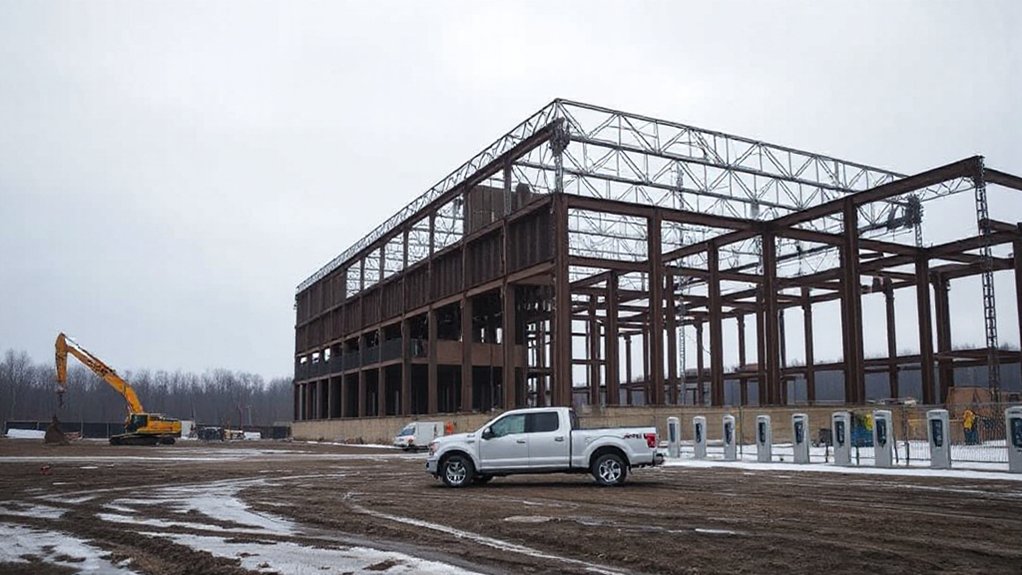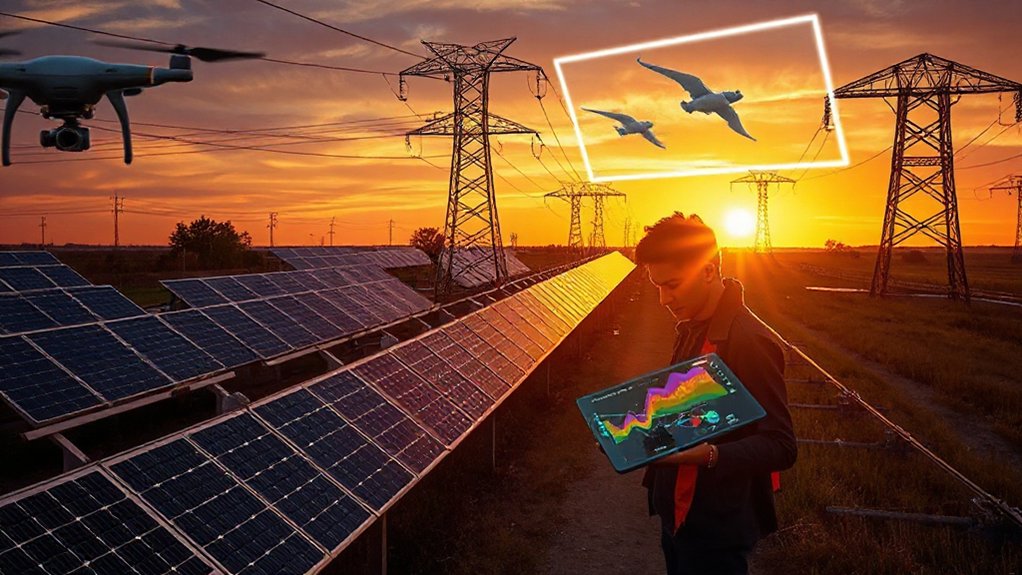Porsche’s new battery recycling program, launching in 2025, will convert used EV batteries into valuable metals through a multi-phase process. The initiative shreds batteries to create “black mass” containing precious metals, which are then extracted with up to 95% recovery rates. This closed-loop system reduces mining needs while supporting carbon-neutral production goals. Porsche’s already using 4,400 Taycan battery modules for energy storage at its Leipzig plant, demonstrating how yesterday’s waste becomes tomorrow’s treasure.
Porsche is tackling the growing problem of electric vehicle waste with a bold new recycling program. The luxury carmaker will launch a battery recycling initiative in 2025 that recovers valuable raw materials from used EV batteries. This project aims to create a closed-loop system where materials from old batteries become new ones, reducing waste and resource consumption.
The company’s recycling process works in three key phases. First, batteries from development vehicles are mechanically shredded. This creates about 65 tons of what experts call “black mass” – a granulate mixture containing valuable metals like nickel, cobalt, manganese, and lithium.
In the second phase, this black mass undergoes refinement to extract these raw materials. Finally, these recycled materials help produce new battery cells that will be tested in Porsche vehicles.
This initiative comes as the European Union prepares to enforce stricter battery regulations by 2031. These rules will require automakers to recover specific amounts of key materials from used batteries. Using advanced techniques, Porsche can recover up to 95% of important metals while maintaining the high purity levels needed for performance vehicles.
The program offers significant environmental benefits by extending the lifecycle of battery resources and reducing the need for new mining operations. It supports Porsche’s broader goal of carbon-neutral production at its manufacturing sites and lowers the company’s overall ecological impact.
Porsche isn’t just recycling batteries – it’s finding creative reuses for them too. At its Leipzig plant, 4,400 Taycan battery modules now form a massive energy storage system with 5 megawatt capacity and 10 megawatt-hour energy content. The recycled cells follow a similar trajectory to new batteries, which undergo formation and aging processes to optimize their performance and stability. The system is impressively sized, spanning nearly two basketball courts and demonstrates Porsche’s commitment to Second Life usage concepts.
This extensive approach to battery management positions Porsche as a sustainability leader in the automotive industry. The company’s efforts could significantly reduce water usage since traditional lithium extraction requires approximately 500,000 gallons per tonne. By addressing resource scarcity concerns and strengthening its supply chain, the company’s recycling initiative offers a model that other manufacturers might follow as electric vehicles become more common worldwide.
